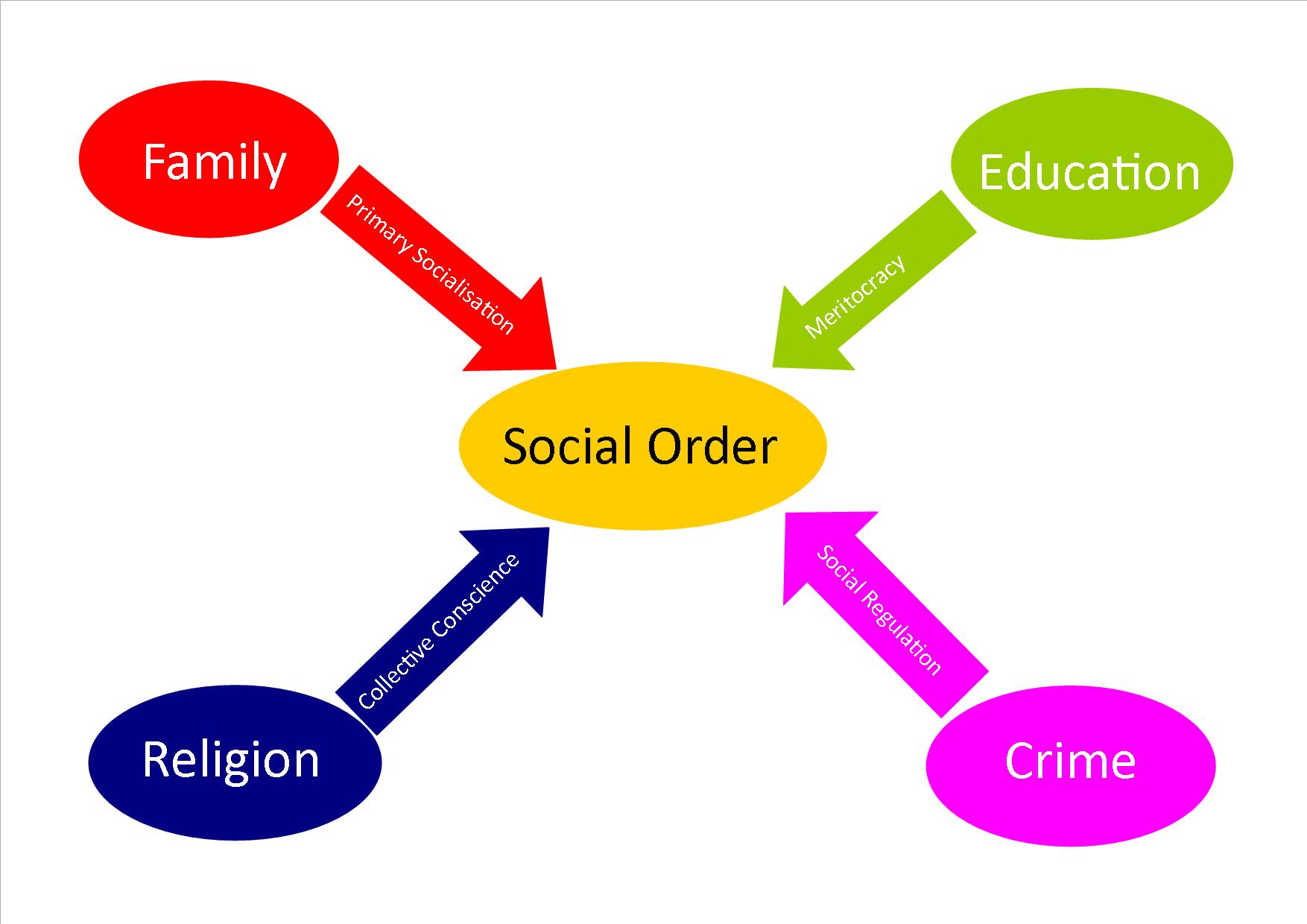functionalist perspective
Apply the functionalist perspective by explaining how deviance can be functional for society, how mainstream values can produce deviance (strain theory), how social class is related to crime (illegitimate opportunities)
order your sociology assignment help here
Functionalist perspective

Save your time - order a paper!
Get your paper written from scratch within the tight deadline. Our service is a reliable solution to all your troubles. Place an order on any task and we will take care of it. You won’t have to worry about the quality and deadlines
Order Paper NowThe functionalist perspective illustrates that society is a system of interconnected parts that work together in harmony to achieve balance and social equilibrium. It emphasizes on the connection in the society on how each part influences the other. The functionalist perspective gives emphasis on social solidarity. Deviance is crucial in understanding the disruption that occurs in society over time. Deviance systems create norms and show members of the society on how to behave by illustrating patterns of acceptable and unacceptable behaviors. Deviance is crucial in allowing the group majorities to connect around their worldviews against deviant behaviors (Meier, 2018).
Mainstream values can cause people to commit crimes. According to strain theory, social structure can pressure the community members to commit crimes. Some culturally accepted values can cause deviant behaviors. For example, a parent accepts the cultural idea of providing for children. This cultural value leads him or her to steal food for the children. Other deviant behaviors are caused by the filtering that mainstreaming values bring in society. Some people identify with deviant behaviors (Eriksson & Broidy, 2017).
Social class and crime are connected in different ways. People in the lower class are likely to be arrested and convicted compared to other people. The poor have the opportunity to make money to solve their social issues using prostitution, gambling, or robbery. These opportunities easily occur for people in low class. The wealthy people commit crimes that have a higher impact on society. However, people in the high-economic class are rarely caught or convicted in the crimes. The illegitimate opportunity theory demonstrates that people tend to commit a crime when the chances of being convicted are low. The opportunities to commit these crimes are mostly available illegitimately. People in well-paying jobs perform crimes in the course of their roles and functions when opportunities arise (Wilcox & Land, 2017).
Looking for a similar assignment? Our writers will offer you original work free from plagiarism. We follow the assignment instructions to the letter and always deliver on time. Be assured of a quality paper that will raise your grade. Order now and Get a 15% Discount! Use Coupon Code "Newclient"



